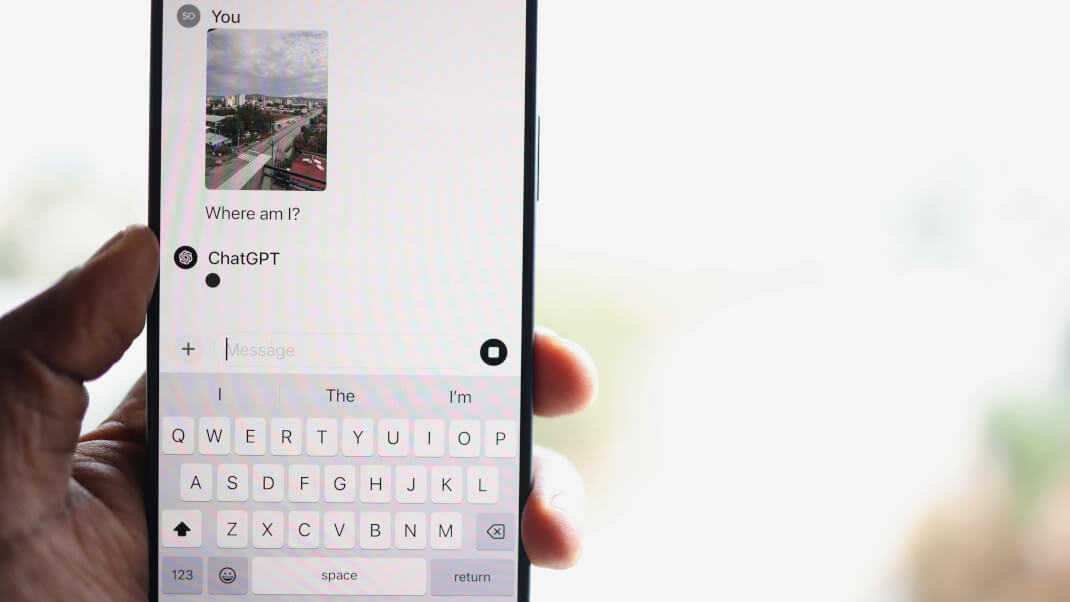
There’s a battle raging. And it’s raged for decades.
NB: This is an article from Revinate
Ever since the introduction of online travel agencies (OTAs) in the ‘90s, hoteliers have struggled to achieve the optimal distribution mix between OTAs and hotel direct bookings. Some even perfected it. But then the pandemic happened. And everything changed.
Subscribe to our weekly newsletter and stay up to date
In the wake of it, ongoing staffing shortages, volatile inflation rates, and crumbling third-party cookies are wreaking havoc on the travel industry. These factors, among others, have significantly impacted the age-old battle, creating a dilemma for hoteliers on how to best balance both forms of booking.
Here we take an in-depth look at both OTAs and direct bookings – examining their pros and cons in light of today’s marketplace – to help you to make the best decision for your business.
The state of OTAs and direct bookings
The pandemic transformed the booking behavior of today’s travelers. Prior to the pandemic, OTAs held the majority of the market share for bookings. But a recent study shows things have shifted. While hotels’ reliance on OTA bookings has remained relatively flat since 2019, hotel direct bookings have increased 55% – an 8-point increase from 2019.
Travelers are more prone to book directly because they recognize they can get discounts, perks, and complimentary offerings that make it a better deal. In addition, they appreciate the ability to communicate directly with a hotel, getting reassurance that their personal needs and preferences are being taken into account.
A recent American Hotel & Lodging Association survey reports 97% hoteliers are understaffed. Yet, the surge in travel continues to grow.
With rising wages and staffing issues, hotels often struggle to hire and train the staff they need to effectively manage the increased number of direct bookings, while still delivering an elevated, personalized experience to each guest.
The key to solving this dilemma lies in technology and automation.
With the right technology, you gain greater control over your first-party guest data, helping you more efficiently and effectively serve guests. It also simplifies marketing efforts that drive those lucrative hotel direct bookings. Modern tools allow you to segment guests based on specific criteria, such as demographics, location, and/or purpose of stay. So, you can effortlessly automate customized campaigns and upsells to further grow direct revenue,
In addition, advanced communication solutions integrate with your CRM, helping you keep conversations personalized. It lets staff maintain a single flow of communication with guests as interactions move from email, to text, to voice.
Which booking channel is better for hotels?
OTAs and hotel direct bookings share a similar goal: putting more heads in your beds. However, they accomplish this goal in very different ways, and with very different impacts on your profitability.
OTA benefits
- Expands audience reach to generate bookings you may not obtain otherwise
- Acts as an online brochure for your property
- Optimized for mobile devices and helps you accept bookings around-the-clock
OTA drawbacks
- High commission rates, often reaching up to 30%
- Undesirable discounts hotels wouldn’t otherwise voluntarily offer
- Pressure to spend money for better OTA rankings instead of investing in more profitable direct channels
- Hotels are unable to build direct relationships with guests because OTAs hide guests’ personal information
Hotel direct booking benefits
- Bring in more profit without any commissions
- According to STR, hotels spend 40% of their revenue on average on marketing and distribution expenses to attract, acquire, and retain guests. Reducing this is pure profit gained to your bottom line.
- Provide holistic view of your guests’ data and built-in aftermarket support
- Direct communication with guests makes it easier to personalize stays, build relationships, cultivate loyalty, and facilitate omni-channel activation
- More opportunities to upsell and highlight services and amenities
- Access to first-party data helps hotels effectively nurture relationships and earn repeat business through customized marketing campaigns
Hotel direct booking drawbacks
- There really aren’t any!
Direct booking is the better choice
Hotel direct bookings and OTAs both help drive revenue and allow guests to make reservations. However, direct bookings are without a doubt more beneficial for your business. They offer increased revenue opportunities, and easy access to the treasure trove of customer data you can use for future marketing efforts and to enhance guest satisfaction.
How to use OTAs to leverage direct bookings
Despite the conclusion that direct bookings are the best choice for hotels, OTAs aren’t going anywhere soon. So, how can you use them to your advantage?
Leverage the “Billboard” effect
The extensive advertising budgets of OTAs provide hotels with a powerful billboard effect, letting you reach potential guests you otherwise wouldn’t. This is a huge opportunity you don’t want to miss. Treat OTAs as an extension of your brand by optimizing your OTA listings with high-quality photos, detailed descriptions, and by responding to guest reviews.
However, once you connect with those guests, use technology to capture crucial guest data to fuel future marketing initiatives that encourage guests to book directly next time.
Direct revenue leads to better profitability
It’s clear that driving more bookings via your hotel’s direct channels helps you increase your margins and positively impacts your profitability. At the same time, you have more control over your guest data, helping you boost loyalty and lifetime value.




